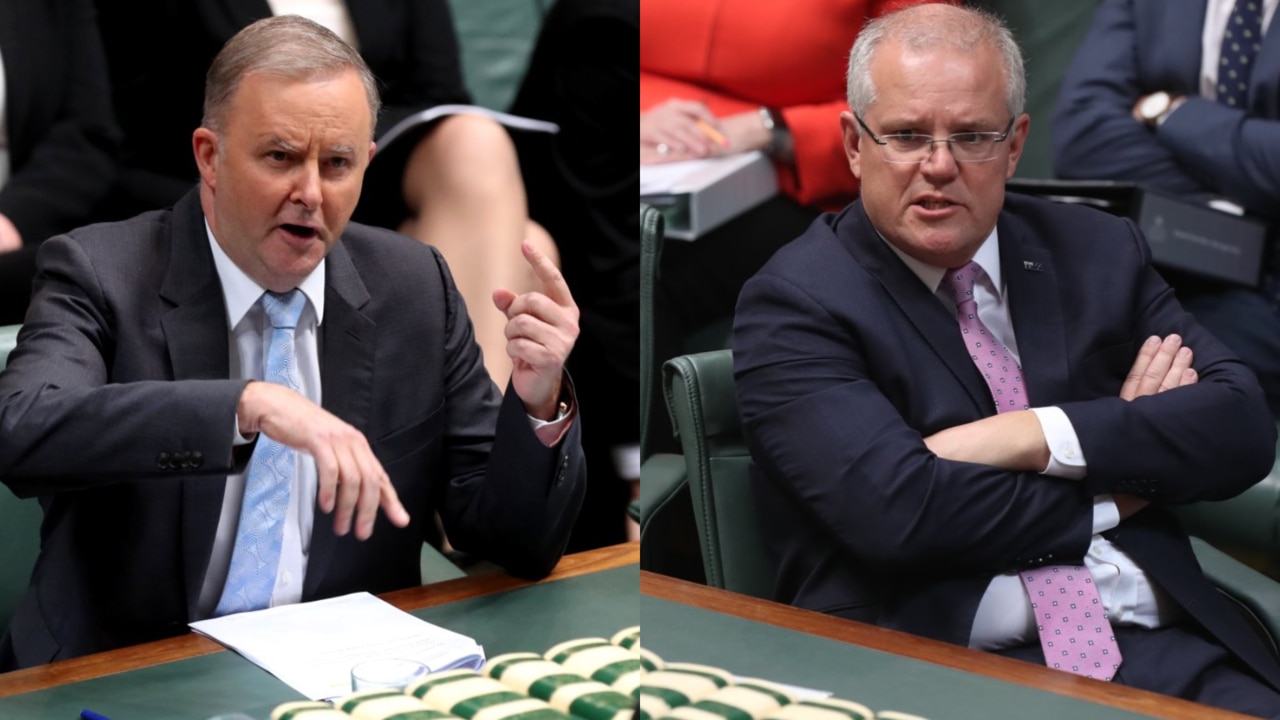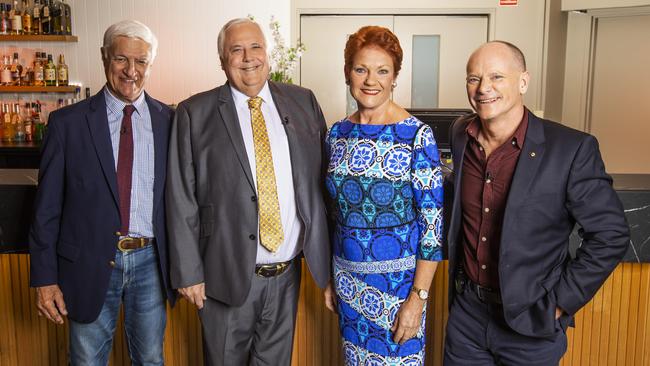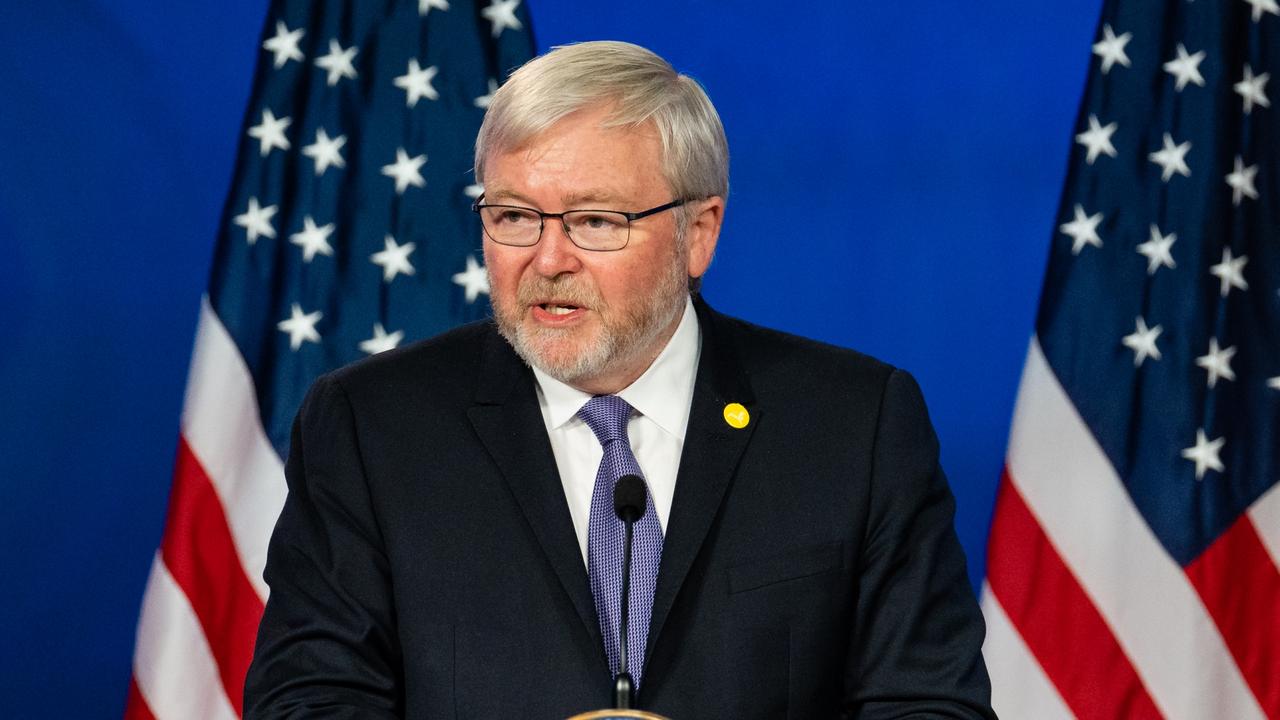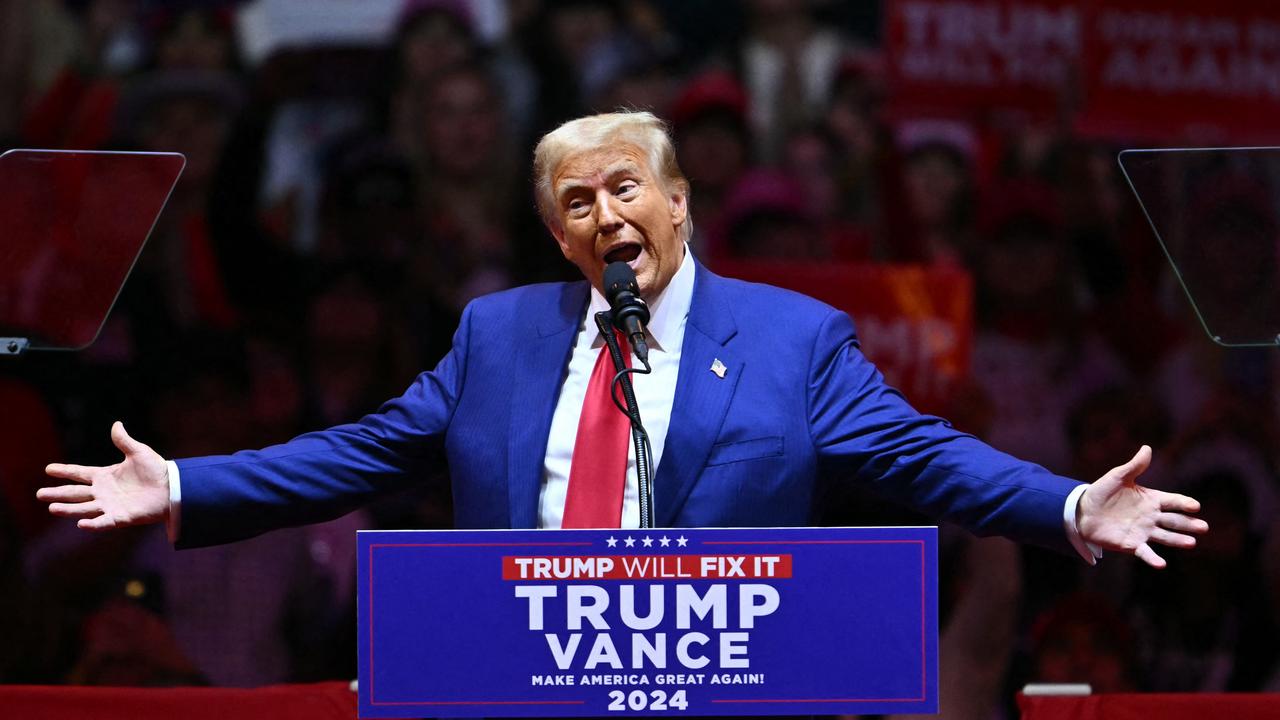Rex Jory: A minority government would be bad for Australia – and could mean another federal election next year
If polls are correct, we’re headed towards a political crisis – and it's the fault of both the major parties, writes Rex Jory. We could be about to vote again.

The May 21 federal election is likely to throw up the worst possible result for Australia.
At a time of serious national and international stress and tension, Australia could become virtually ungovernable.
A fresh election sometime next year would be no surprise.
Neither major party – Liberal nor Labor – can expect to win sufficient votes to govern in their own right.
If opinion polling is correct, both are struggling to rise over a primary or first-preference vote in the mid-to-high 30 per cent range.
That makes it mathematically impossible for either of them to govern without independent or minor-party support.
It is a recipe for uncertainty, compromise, policy indecision and futile, time-wasting political games.
The emerging political crisis is the fault of the major parties. During the six-week election campaign they have been light on policies and obsessed with dismantling and ridiculing their opponents.
The campaign has been insulting. “Libs fibs” and “It won’t be easy under Albanese” are slogans close to puerile.
Voters are disillusioned, even angry, that they are not being offered a clear choice on May 21.
So, they are quietly turning away from traditional two-party candidates and looking at the options being offered by independents and minor parties.
Take the ‘woke movement’, which advocates anything from rewriting history to a non-specific gender society.

People no longer have husbands or wives, but partners.
To oppose these ideas is the natural course for the Liberal Party. But it has been too timid, too scared, to stand up for what the majority of its constituents believe.
Disillusioned Liberal voters are looking at what the independents have to offer.
Take coal. Labor talks big about phasing out coal-powered electricity generation yet its policies are tepid and unclear.
The Greens offer a clear policy of ending coal generation and turning to alternatives such as solar and wind power.
Is it any wonder voters are abandoning major party loyalties?
The Liberal member for Barker, Tony Pasin, has called for the duplication of the Duke and Sturt highways, work which would require federal funding.
He is shouting into the wind. In the Liberal Party room, his voice would be drowned out by demands from eastern states members.
But if Bob Katter, the independent member for Kennedy in Queensland, made a similar demand, he would be listened to by the governing party, which might need his vote to stay in power.
It is no surprise in this uncertain political atmosphere, new political parties and groupings, together with local independents, have emerged like mushrooms after spring rain.
The Greens, Pauline Hanson, Clive Palmer and the ubiquitous teal independents will all have a huge influence on the election outcome.
Even if they don’t win many seats, their preferences will determine the outcome in some.
The Liberals are the most vulnerable to this movement towards independents.
Proud Liberal seats in NSW and Victoria – seats of ministers – are in danger of falling to independents.
Even in South Australia, strong Liberal seats could be snatched by independents.
Jo Dyer, for example, is a chance in Boothby.
The seat of Grey, held by the Liberals for nearly 30 years, could find independent Liz Habermann a serious challenger.

Individually, many of the independents and minor party candidates are competent and could well make good members.
But collectively they will weaken and undermine good government in Australia at a time when the world is facing serious issues demanding effective and decisive political leadership.
Imagine, for example if, after the election, Labor governs with the support of the Greens, a possible outcome.
If China invaded Taiwan, Australia would be obliged to support Taiwan, perhaps militarily. Yet the Greens say the future of Taiwan is none of Australia’s business and China is not a security threat.
These are the sorts of issues that could emerge if the next government is a coalition of one major party and a gaggle of independents.
That’s the most likely scenario. The result: bad government.
Originally published as Rex Jory: A minority government would be bad for Australia – and could mean another federal election next year


